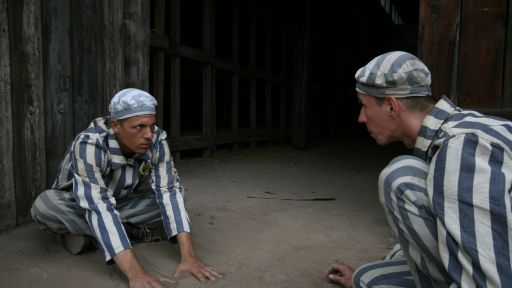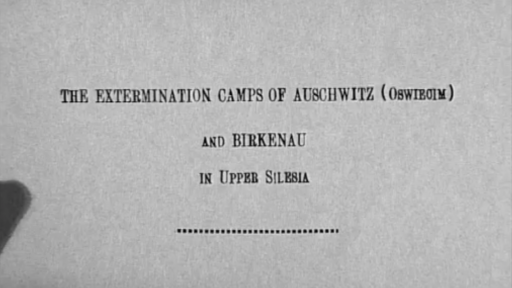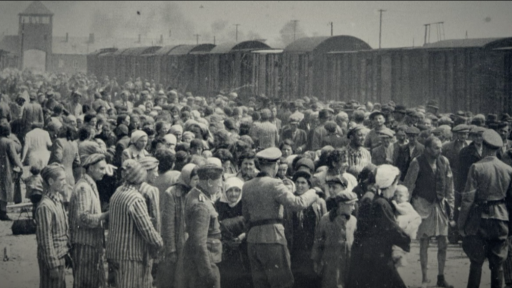Rudolf Vrba and Alfred Wetzler came from the same hometown, Trnava in Slovakia, and that meant they could trust each other. Together, they probed Auschwitz for weaknesses, formulating escape plans that they had to cautiously reject. Then, one day, Fred Wetzler approached Rudi Vrba with a plan that seemed plausible.
Fred described a pile of wooden planks stacked outside the camp perimeter waiting to be used for construction of a new facility. Fred said he knew of four prisoners planning to hide in a cavity in the middle of the wood pile. There the prisoners would wait for the SS guards to conclude a mandatory three-day search, at which point they would flee south toward Slovakia.
A few days later the plan went off without a hitch. Although these first four escapees were later caught in a village south of the camp, their initial strategy of hiding in the wood planks had worked.
Rudi and Fred feared the four prisoners would reveal the method of their escape to the SS, but they kept silent. The cavity in the stack of planks remained a secret. After a fortnight, the two friends decided to attempt the same escape plan themselves.
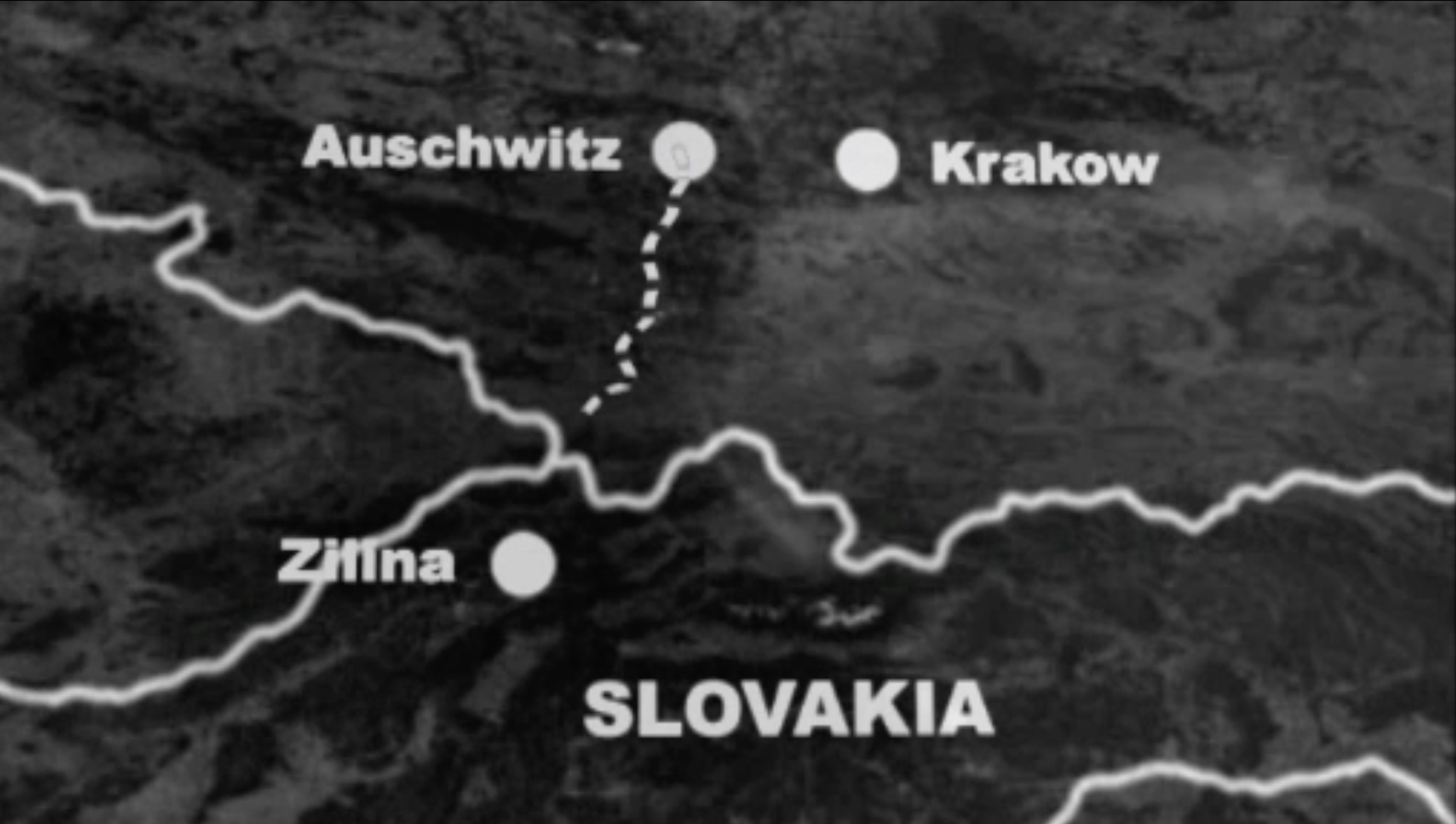
This map, drawn from Rudolf Vrba’s own account of his escape, traces the two friends’ journey, from the woodpile just beyond the perimeter of Auschwitz, to the safety of Slovakia, where they finally revealed the secret purpose of Auschwitz.
1. Auschwitz – Beyond the Perimeter – Hiding in the Wood Pile
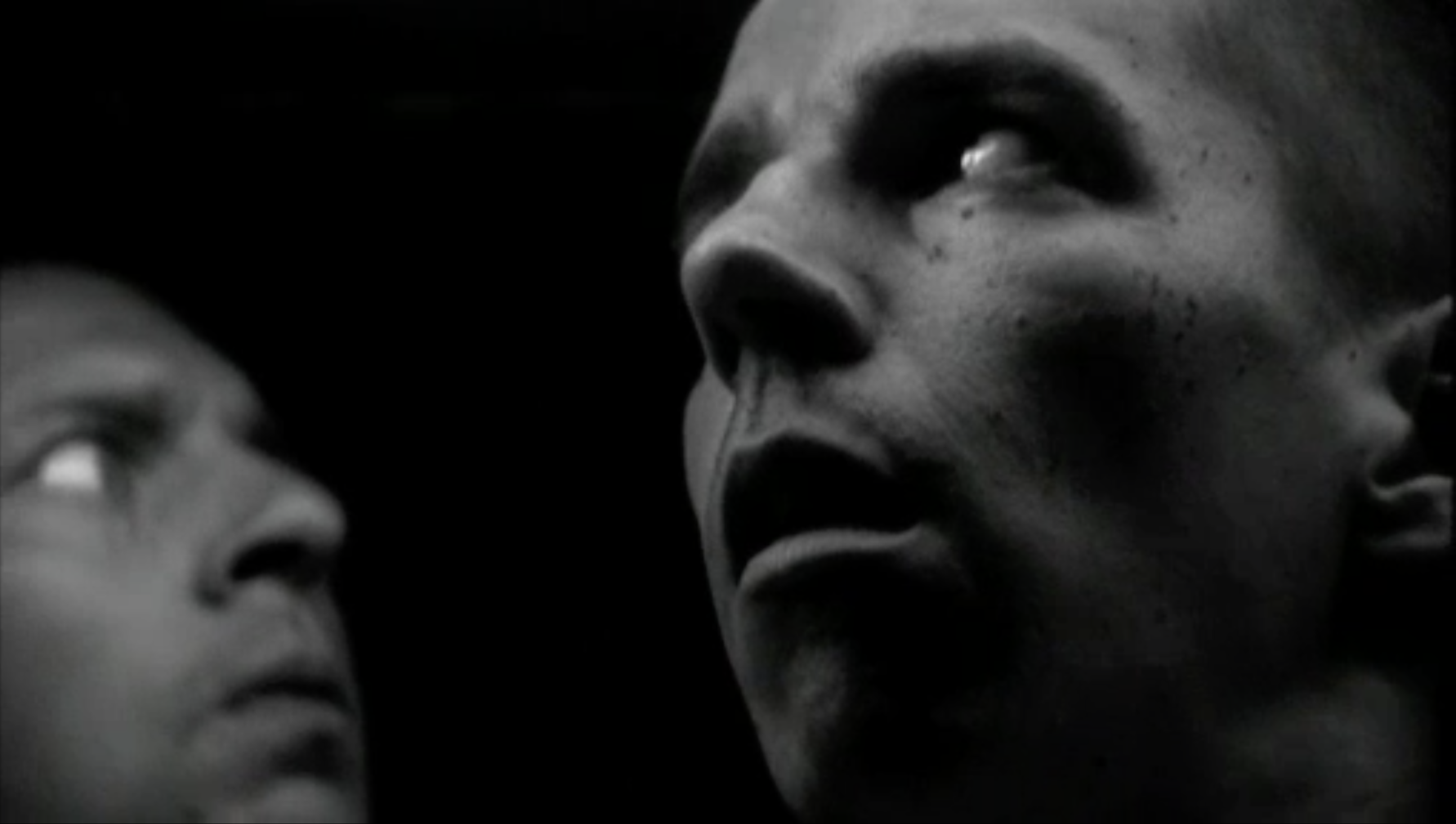 After his eyes adjusted to the darkness, the first thing Rudi did inside the stack of planks was scrape away a message the four previous occupants had carved into the wood. The message said, “Kiss our arses,” and Rudi knew if the SS ever found it, the four prisoners, who had managed to avoid execution until then, would be killed at once. Then, he and Fred waited. It was almost time for evening roll call, and they expected the siren to sound at five-thirty.
After his eyes adjusted to the darkness, the first thing Rudi did inside the stack of planks was scrape away a message the four previous occupants had carved into the wood. The message said, “Kiss our arses,” and Rudi knew if the SS ever found it, the four prisoners, who had managed to avoid execution until then, would be killed at once. Then, he and Fred waited. It was almost time for evening roll call, and they expected the siren to sound at five-thirty.
But five-thirty came and went in silence. Then five forty-five, and six o’clock. Just when Rudi began to think someone had squealed on them, the siren wailed.
They heard boots hitting the earth and the shouts of an Unterscharfuhrer and the clicking of a hound’s nails on the wood above them and then eventually silence. They spent three days without food or drink, stiff and motionless in the cavity. Bombs from an air raid pounded nearby. Then, on the third day, a few hours after they heard the SS guards call off the search, Rudi and Fred decided to emerge. The planks above them, however, wouldn’t budge.
It took all their strength to lift the wood, but finally it gave, and the night opened above them. They had roughly eighty miles of Nazi-occupied Poland ahead of them.
2. Lost in a Village
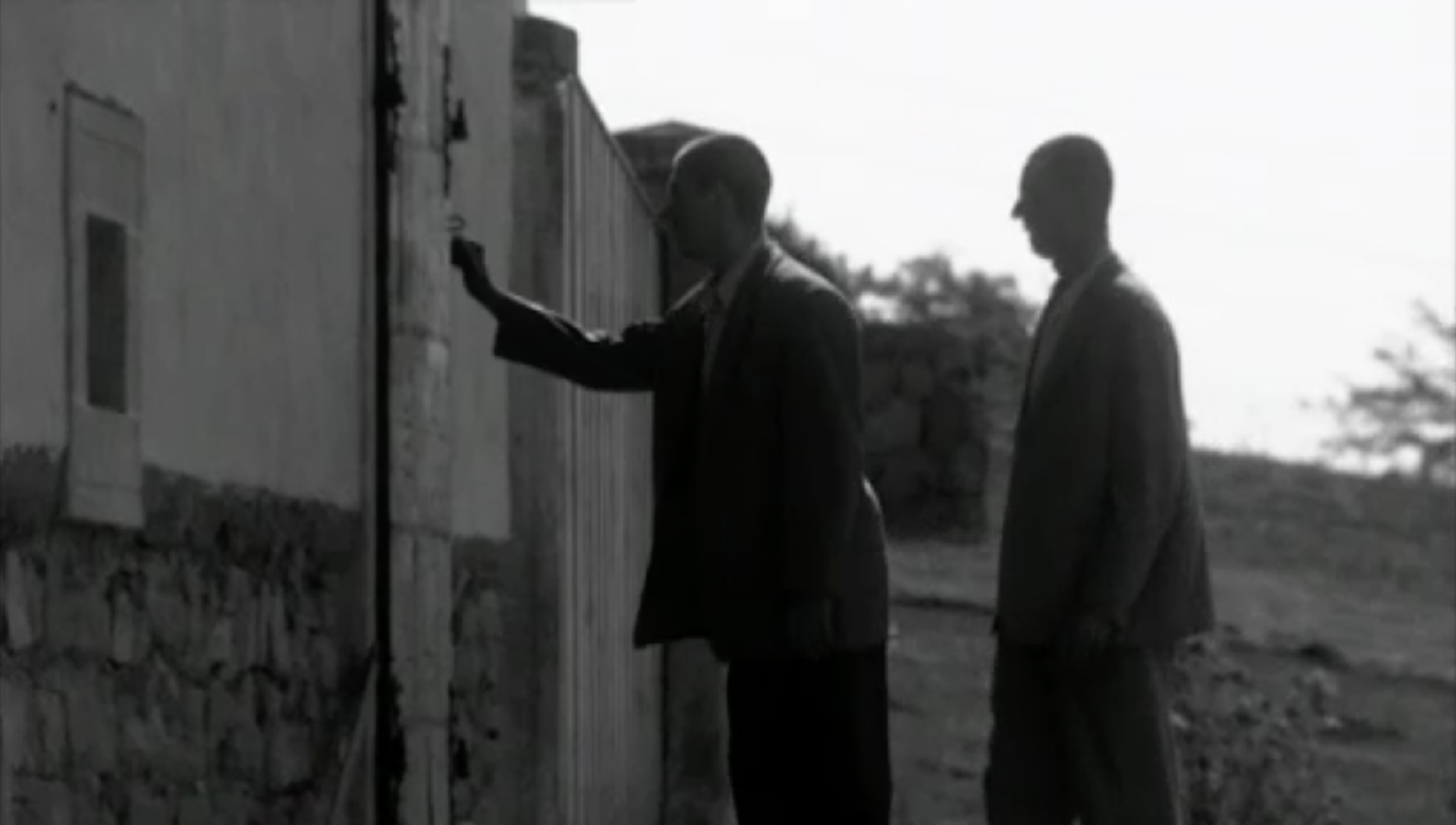 Rudi and Fred intended to cut a path over the Bezkyd Mountains south of Auschwitz. Instead, they lost their way in the dark and wandered into the center of a village called Bielsko. It took them all night to wind their way out of town, but as the sun rose they stumbled upon another hamlet. In broad daylight they had nowhere to hide. Rudi and Fred had no choice; they would have to seek help.
Rudi and Fred intended to cut a path over the Bezkyd Mountains south of Auschwitz. Instead, they lost their way in the dark and wandered into the center of a village called Bielsko. It took them all night to wind their way out of town, but as the sun rose they stumbled upon another hamlet. In broad daylight they had nowhere to hide. Rudi and Fred had no choice; they would have to seek help.
They chose a house at random and knocked. A Polish peasant answered. Rudi could tell she knew what they were – at least, that they were fugitives on the run from the Germans. Still, she invited them in and served them coffee and potatoes. Over the meal, she told them their only chance to escape would be a night journey toward the mountains. If only her two sons were there, she explained, they could help. But one was dead and the other was locked away in a concentration camp.
In the middle of the night, the peasant woman woke Rudi and Fred. Before they set off, she handed Rudi the equivalent of an English pound and would not take it back, hard as Rudi tried to refuse it.
3. Pursued by a German Patrol
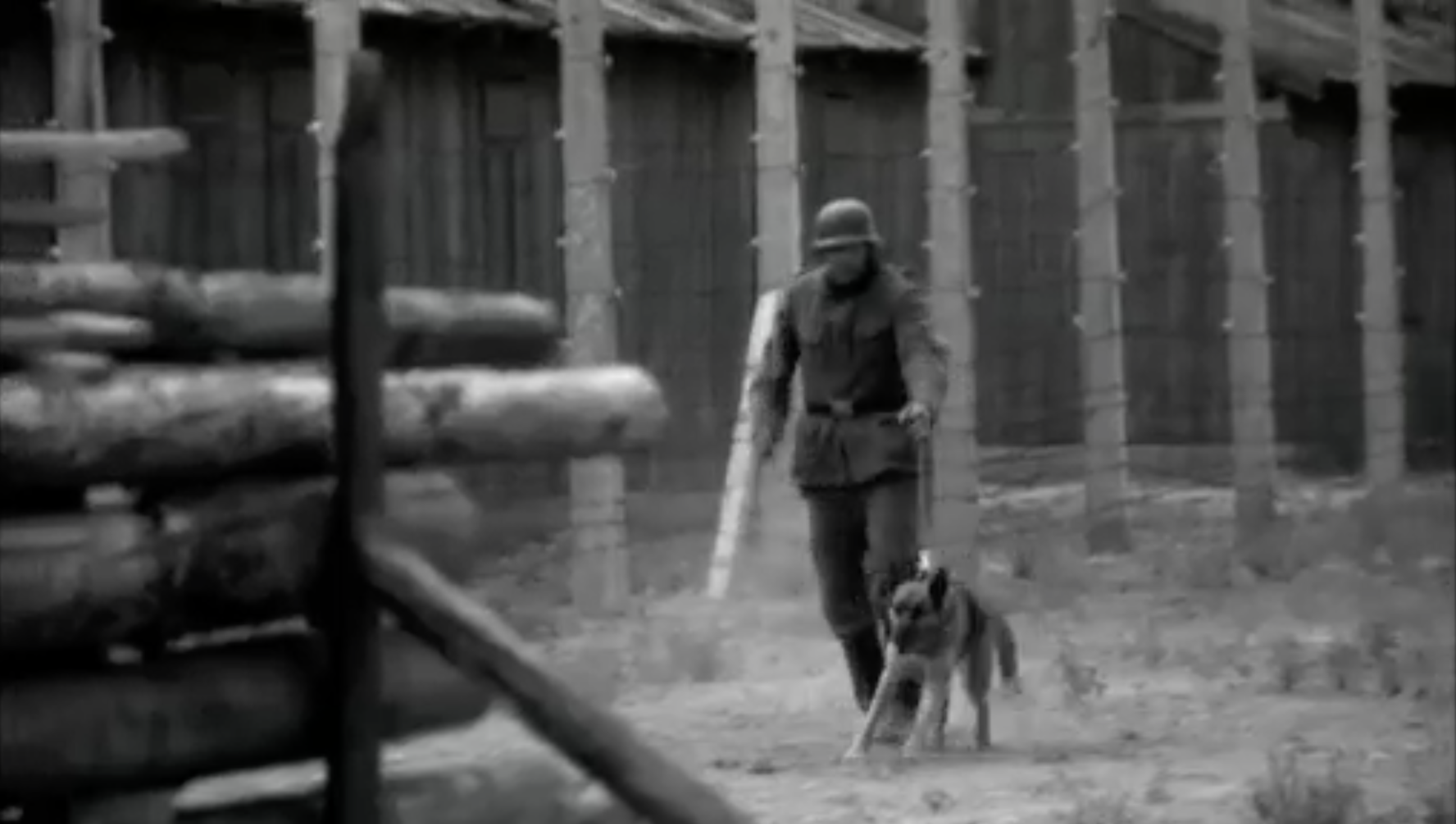 A rifle report sent them running. They were in the mountains near the village of Porebka, where the four prisoners who escaped before them were caught. Apparently, they had strayed too close to the soldier-infested village, and now a German patrol pursued them up the mountainside, dogs howling and bullets peppering the landscape.
A rifle report sent them running. They were in the mountains near the village of Porebka, where the four prisoners who escaped before them were caught. Apparently, they had strayed too close to the soldier-infested village, and now a German patrol pursued them up the mountainside, dogs howling and bullets peppering the landscape.
A stream saved them. They dove in and banked on the water dulling their scent. It was freezing, but they waded across, and then rested in a ditch. They had managed to evade the patrol, but the next day they bumbled right into a Polish peasant working in a field. Like the peasant who sheltered them a few nights earlier, this woman also knew Rudi and Fred meant trouble. The fugitives and the woman studied each other in silence. Finally, Rudi said, “We’re heading for the Slovak border. Can you show us the way? We’ve escaped from a concentration camp, from Auschwitz.”
It was the first time he’d told someone outside of the camp about Auschwitz.
4. More Kindness from Strangers
The peasant they met in the field told them to wait until nightfall, at which point a man would come to help them. She did not lie. That night, she returned, but the man she brought was armed.
Rudi and Fred tensed. The peasant woman offered them more food. Starving, they shoveled the food in while keeping their eyes on the man with the gun. When they finished eating, the man laughed. Their gluttony convinced him – they really were famished fugitives, not Gestapo agents trying to entrap disobedient locals. The armed man invited Rudi and Fred to his home and promised to lead them across the Polish-Slovak border in the morning.
That night, Rudi’s feet were so swollen he had to cut off his boots. The man who had taken them in offered Rudi all he could spare: a pair of slippers. “You can’t travel in your socks,” he said.
5. Border Crossing Near Skalite
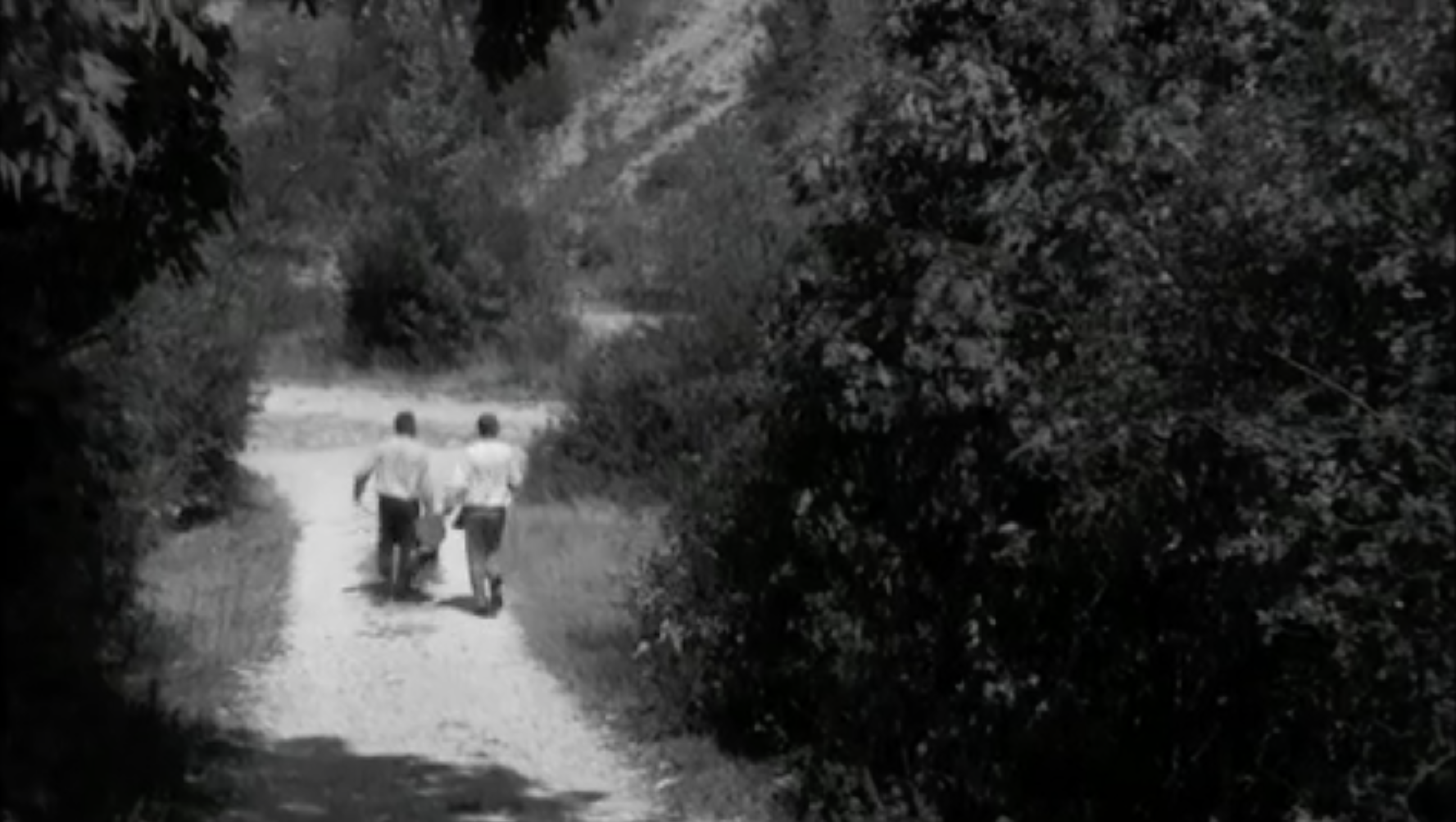 “See that forest over there?” the man who had given Rudi his slippers said, “That’s Slovakia.” They hid in the bushes waiting for the German patrol to rumble past. It came by every three hours, and as soon as the next one disappeared, they planned to sprint into the woods and across the border. Rudi and Fred thanked the man for his help. The man said it was his pleasure, and added, “I hope those slippers hold out!”
“See that forest over there?” the man who had given Rudi his slippers said, “That’s Slovakia.” They hid in the bushes waiting for the German patrol to rumble past. It came by every three hours, and as soon as the next one disappeared, they planned to sprint into the woods and across the border. Rudi and Fred thanked the man for his help. The man said it was his pleasure, and added, “I hope those slippers hold out!”
On April 21st, 1944, fourteen days after they emerged from the stack of planks, Rudi Vrba and Fred Wetzler reached Slovak soil. Once inside Slovakia, they met yet another sympathetic peasant who brought them to a prominent doctor in the town of Cadca. The doctor listened to their story and said, “Tomorrow I’ll take you to the leaders of the Jewish community in Zilina. They’ll know what’s best to do.”
For the rest of his life, Rudolf Vrba – who had escaped Auschwitz with one goal: to warn the world about the death factory before another train load of Jews could be shipped there – would wish the doctor had been right.
Information taken from Rudolf Vrba’s autobiography I Escaped From Auschwitz. Images from the Secrets of the Dead re-enactments in Escape from Auschwitz.

